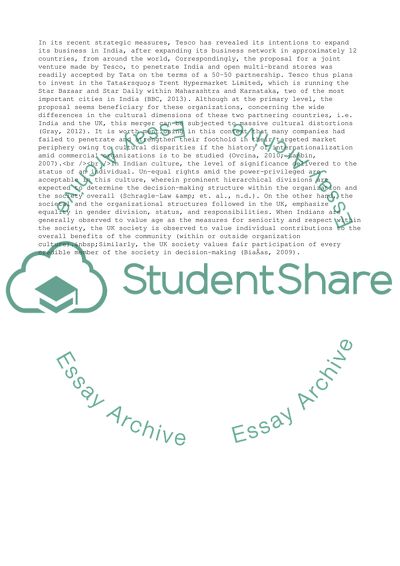Cite this document
(Management of Tesco in India Case Study Example | Topics and Well Written Essays - 2500 words - 8, n.d.)
Management of Tesco in India Case Study Example | Topics and Well Written Essays - 2500 words - 8. https://studentshare.org/management/1824001-tesco-in-india
Management of Tesco in India Case Study Example | Topics and Well Written Essays - 2500 words - 8. https://studentshare.org/management/1824001-tesco-in-india
(Management of Tesco in India Case Study Example | Topics and Well Written Essays - 2500 Words - 8)
Management of Tesco in India Case Study Example | Topics and Well Written Essays - 2500 Words - 8. https://studentshare.org/management/1824001-tesco-in-india.
Management of Tesco in India Case Study Example | Topics and Well Written Essays - 2500 Words - 8. https://studentshare.org/management/1824001-tesco-in-india.
“Management of Tesco in India Case Study Example | Topics and Well Written Essays - 2500 Words - 8”. https://studentshare.org/management/1824001-tesco-in-india.


